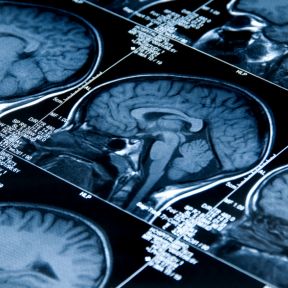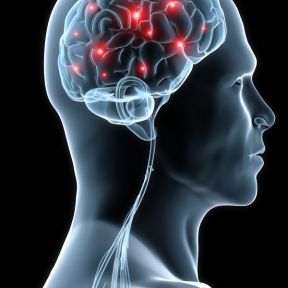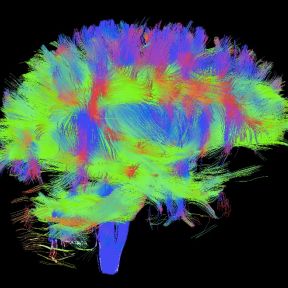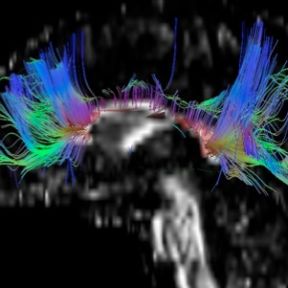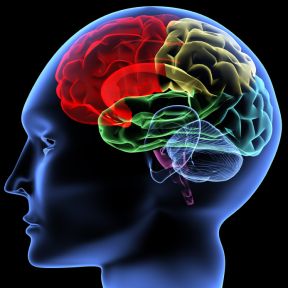Sandra Bond Chapman Ph.D.
SANDRA BOND CHAPMAN, PhD
Founder and Chief Director, Center for BrainHealth®
Dee Wyly Distinguished University Professor of Behavioral and Brain Sciences
The University of Texas at Dallas
Co-leader, BrainHealth 2027 Global Initiative
RESEARCH INTERESTS
Enhancing cognitive performance
Strengthening brain systems for healthy aging
Improving human productivity, developing a blueprint to measure brain health
Accelerating innovation through education and leadership training in youth
EXPERIENCE
Dr. Chapman is the co-leader of the international BrainHealth 2027 initiative. Headed by the Center for BrainHealth at the University of Texas at Dallas, BrainHealth 2027 seeks to enable significant, measurable improvements in brain health among the general population.
A cognitive neuroscientist with more than 50 funded research grants and more than 200 peer-reviewed publications, her scientific studies to advance innovative and critical reasoning, strengthen brain resilience and incite healthier habits to extend our brain span throughout life.
Her research melds interdisciplinary expertise including cognitive neuroscience, rehabilitation, brain imaging, medicine and neuroengineering. The goals: to understand how to better evaluate higher-order, strategic cognition, and to develop, test and implement protocols to achieve optimal brain performance through enhancing and preserving frontal lobe function.
Dr. Chapman is a regular contributor to HuffPost, TheHill.com, Psychology Today and has been featured as an expert in national and international publications and media outlets including USA Today, CNN, Fox News, Reuters, Neurology Now, The Dallas Morning News, and many others.
EDUCATION
BA, Speech Pathology, University of North Texas (1973)MA, Communication Disorders, University of North Texas (1974)
PhD, Cognitive Neuroscience, University of Texas at Dallas (1986)
SELECTED PUBLICATIONS
Chapman SB, Mudar RA. Enhancement of cognitive and neural functions through complex reasoning training: evidence from normal and clinical populations. Front Syst Neurosci. 2014;8:69.
Motes MA, Yezhuvath US, Aslan S, Spence JS, Rypma B, Chapman SB. Higher-order cognitive training effects on processing speed-related neural activity: a randomized trial. Neurobiol Aging. 2018 Feb;62:72-81. doi: 10.1016/j.neurobiolaging.2017.10.003.
Chapman SB, Spence JS, Aslan S, Keebler MW. Enhancing Innovation and Underlying Neural Mechanisms Via Cognitive Training in Healthy Older Adults. Front Aging Neurosci. 2017 Oct 9;9:314.
Chapman SB, Aslan S, Spence JS, Keebler MW, DeFina LF, Didehbani N, Perez AM, Lu H, D’Esposito M. Distinct Brain and Behavioral Benefits from Cognitive vs. Physical Training: A Randomized Trial in Aging Adults. Front Hum Neurosci. 2016;10:338.
Han K, Martinez D, Chapman SB, Krawczyk DC. Neural correlates of reduced depressive symptoms following cognitive training for chronic traumatic brain injury. Hum Brain Mapp. 2018 Mar 23.
SELECTED PROFESSIONAL AFFILIATIONS
Academy of Neurologic Communication Disorders & Sciences
American Association for the Advancement of Science
American Society of Aging
Cognitive Neuroscience Society
Gerontological Society of America
International Neuropsychological Society
Society for Neuroscience
For a comprehensive biography, please visit https://bit.ly/2lcSRO4

